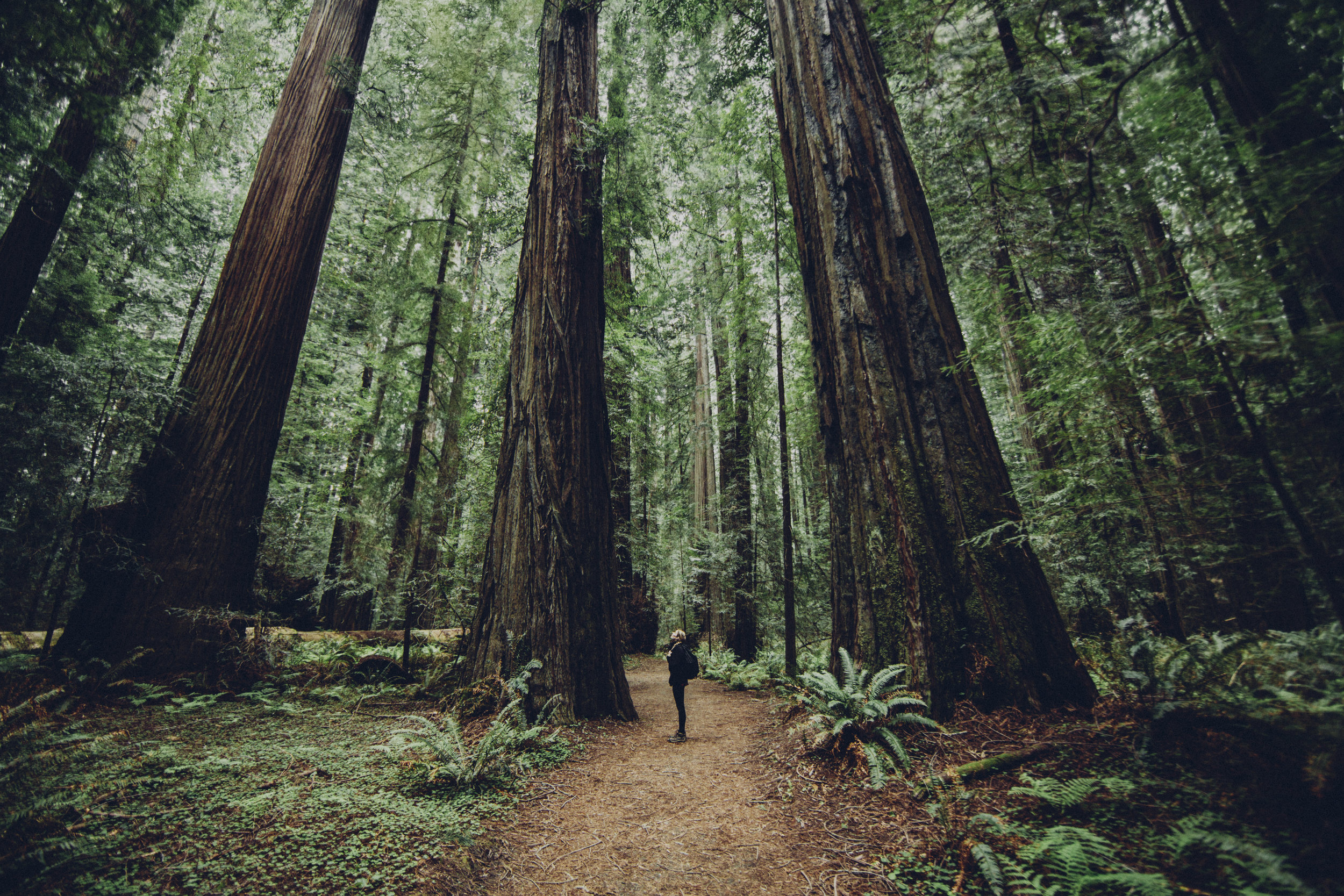
A curriculum to shift global consciousness community by community.
Our prevailing systems are rooted in the old story of separation
of humans as separate from nature and from each other. This mechanistic view of the Earth as resource and humans as extractors in competition with each other has brought us to a potentially disastrous brink. A whole new story is rising from our understanding of a quantum and living universe.
We are waking up to our interconnectedness
in the web of life and have a role to play as stewards of the earth and participants in evolution. This is what Ancient Wisdom traditions have always said. This story is bigger than us, and it invites our engagement, our commitment, and our love to bring our economies into alignment with how the universe and our humanity actually work.
“ECO” (of economy and ecology) = Oikos = Home
The Community Resilience Curriculum
Hourbooks deliver what we refer to as the Community Resilience Curriculum: a vision of resilience and a roadmap to get there that’s rooted in local care. The rebuilding of our economy starts with healthy communities. The term ‘eco’ that appears in our English words economy and ecology stems from the Greek word ‘oikos’ meaning ‘home.’ We believe the solutions to these global issues begin at home.
The Hourbooks curriculum offers ways to shift from extraction of resources and value to regeneration of living systems and economies through topics such as impact investing (place-based investing), regenerative agriculture, public banking, shared ownership – e.g. employee ownership, B-Corps, community-owned utilities and land trusts – as well as community currencies.
Getting the curriculum into the right hands
Hourbooks helps communities become active in their own success by strategically distributing short books to multitudes of readers who are reached directly through avenues of local relationship and trust. Educated and activated citizens can foster a local economy with broadly shared prosperity, racial equity, and ecological health. To learn more contact Faye Cox.
